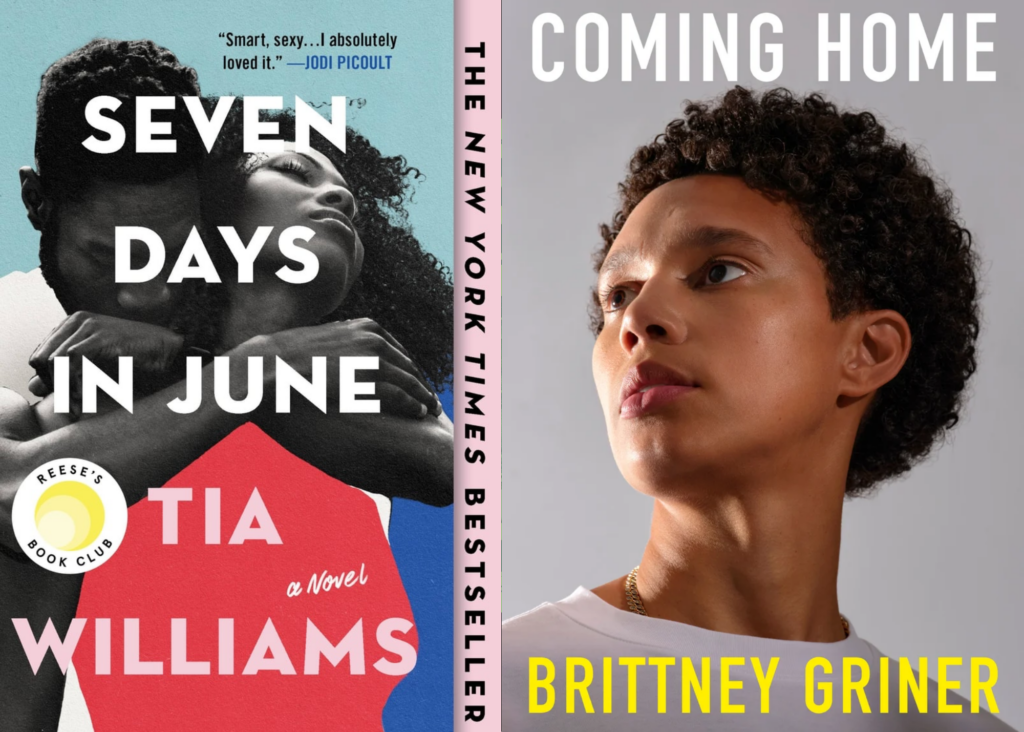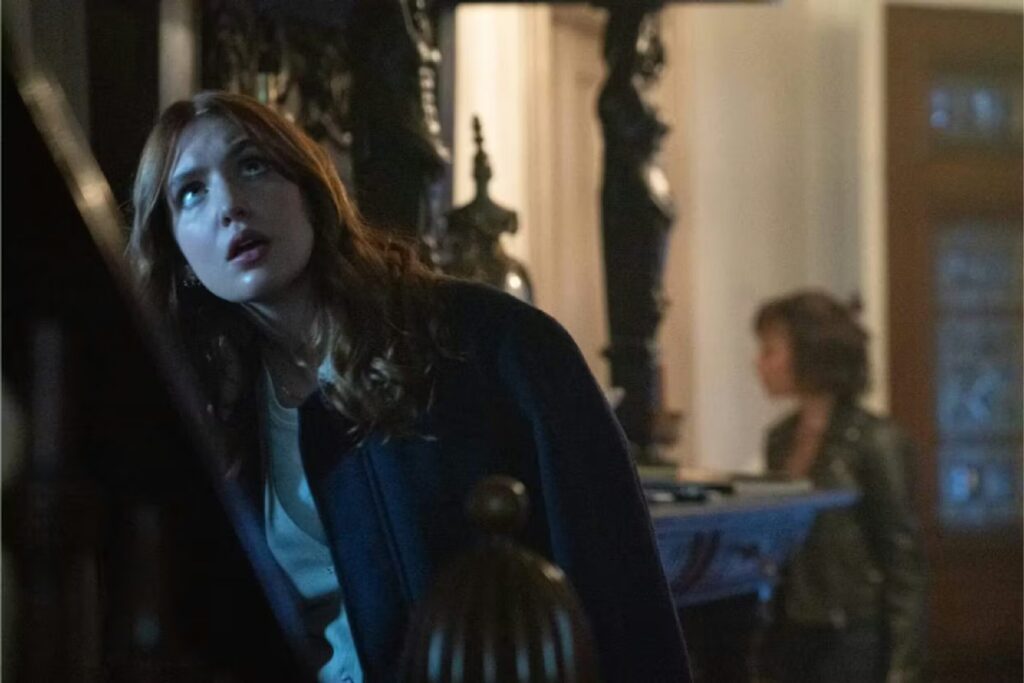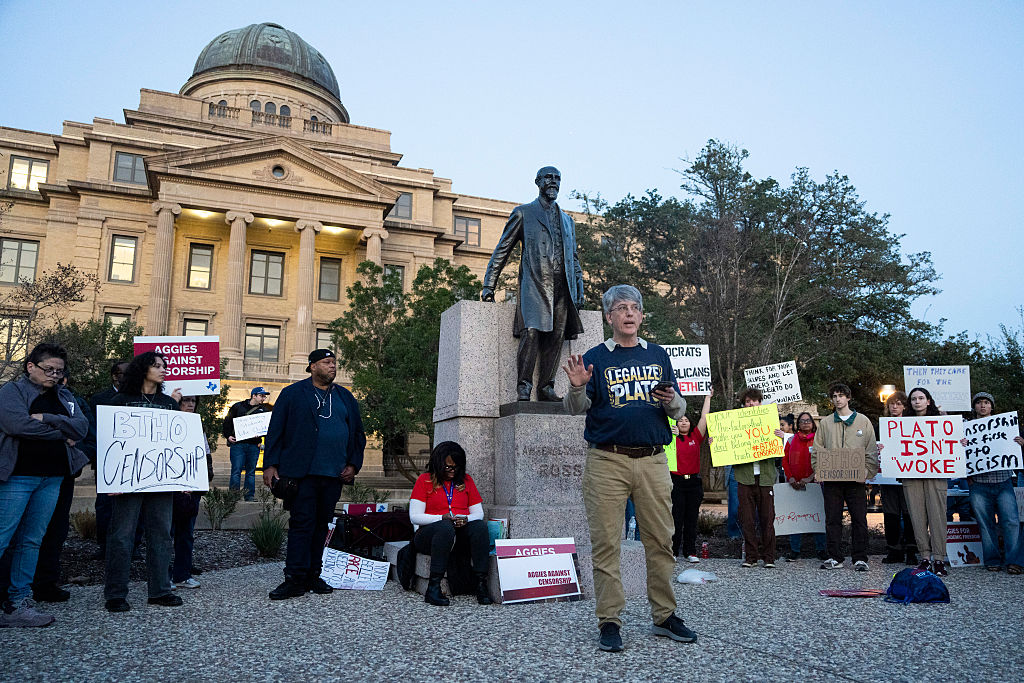I’m A White Lesbian In Kentucky, My Wife Is A Black Woman: We Can’t Ignore Willful Ignorance, But Everyone Around Us Does

Friends say, “I love you,” but really, do they? If they support the policies that treat me like I’m less than them, do they love me?
I woke up at 5 a.m. and allowed myself two minutes to enjoy the warmth of the flannel sheets, my wife’s deep sleep breathing close to me. Then, I reached for my phone to check the election results. I already knew Mitch McConnell would defeat Amy McGrath. I knew Josh Hicks lost to Andy Barr. The 2016 election taught me the worst can certainly happen, and I knew this election wouldn’t have complete results by the end of the night, but I had to see for myself just how close the votes were. I’d been trying for a long time to figure out exactly what I’m feeling about our country. I refuse to limit it to the term “political climate,” because people’s civil rights — including mine, including my wife’s — are on the line. I know I was one of those white people foolish enough to think the election of Barack Obama meant racism was dying out. It wasn’t gone, but I thought real, sustainable change had occurred.
I am from Kentucky. I grew up in Appalachia, in a town that was ravaged and abandoned by coal mining before I was even born. My hometown was predominantly white. I grew up in the evangelical church. I was taught to be very proud of where I was from, of my heritage, and all the things that made me southern, Appalachian, and Christian. I was also surrounded by misogyny, racism, and homophobia. Often it was subtle, unconscious. As a kid, I thought the Confederate flag stood for southern pride because that’s what my older cousins told me. My church taught me to love other people and that the most important thing, according to my faith, was to love the Lord and to love other people as you love yourself. Of all the beliefs the church taught, I held this close. As I matured, I realized loving someone else meant the Confederate flag shouldn’t be displayed. It meant women, people of color, immigrants, and anyone who was different should be treated the same way as any other person. But not everyone comes to the same realization.
Once, a high school classmate belittled me for admiring Hillary Clinton because she “supports killing babies.”
This was my first taste of willful ignorance, of someone refusing critical thought. Lately, I keep coming back to that term: willful ignorance. It’s a huge factor in why we’re in a situation where a man with several rape accusations, a history of racism, who takes advantage of small businesses, and who outright lies as easily as he takes a breath has become President of the United States. And he could win another four years.
Why does Kentucky, particularly eastern Kentucky, continue to vote for people who actively work against the policies that would benefit the state and region the most? I think it’s a combination of being exhausted, exploited, willfully ignorant, and like my classmate so aptly demonstrated, one single issue: abortion. The only thing a candidate needs to say is that they’re anti-abortion, and folks will flock to that person. The church preaches to “hate” — or even legislate — “the sin” to the point where it is so ingrained that many begin to “hate the sinner.”
There’s a refusal to recognize the policies that would reduce abortion rates: access to affordable healthcare, comprehensive sex education, a living wage, more support for people experiencing domestic abuse. There’s a belief that people should “get a job,” “stop having sex,” and “leave an abusive man” if they want a better life. There’s a belief that people should “get over it.” These statements are often followed by, “That’s what I was told,” or “That’s what I had to do,” so the belief assumes everyone should have to do that. There’s a refusal to look beyond one’s own experiences and perspective.
I understand these things, and I, to a point, understand why it can sometimes be difficult to look beyond our own perspective. I am a white person still trying to pinpoint my unconscious biases and work to correct them. I have privilege. I will never know what it feels like to have someone follow me around a store because they assume I might shoplift due to the color of my skin. But my wife, a Black woman, knows. I do know what it feels to be outed before you’re ready and have a friend steer her children away from you. I’ve seen the way people’s faces shift when they notice my wife and I holding hands. Admittedly, for a long time, my wife was more aware of it than I was, and that’s because I have the privilege of being able to willfully ignore those types of things. Now, I actively choose to pay attention.
We’ve only achieved marriage equality within the last five years. There are states that continue to try to prevent LGBTQ+ couples from adopting children. In Kentucky, LGBTQ+ people can still be fired from their jobs or denied housing in most places.
One of the roles of the President is to create unity within a country, and Donald Trump has done everything in his power to divide us. He refuses to denounce white supremacy; in fact, he openly embraces it. I live in the state where Daniel Cameron refused to bring charges against the cops who killed Breonna Taylor. And according to members of the grand jury, he didn’t even present murder charges as a possibility. Every day, I see the toll racism takes on my wife, her family, and our friends. I am afraid every time she leaves the house without me. Since the killing of Breonna Taylor, I’ve realized just how little I can do to protect her.
It takes work — active work — to give up willful ignorance. It takes humility. It takes encouragement to put our own interests aside. Right now, many of our political leaders are more interested in their own greed and power than they are anything else — so are many of our church leaders. To recognize privilege means being willing to shift our thinking and shift or even let go of power. Mitch McConnell and Donald Trump are power-hungry. And Daniel Cameron is being groomed to follow in McConnell’s footsteps.
I keep trying to pinpoint what I’m feeling; the closest word I can come up with is grief.
I grieve for the people I love. Ones who taught me to be open-minded and to care for other people have openly embraced Trump. Some of the most faithful Christians I know are willing to overlook a multitude of truly horrible things, including policies that do not equate loving our neighbor as we love ourselves. Family members openly mock the mask mandates and Governor Andy Beshear but are slow to criticize our President and other leaders who have done little to contain the coronavirus — an issue that should not be political. But Donald Trump has used it to divide us further. I grieve for the ways my relationships have started to change and will continue to do so. Friends from home can pop up on occasion and say, “I love you,” but really, do they? If they support the policies that treat me like I’m less than them, do they love me? Do they love me — or my wife — if they refuse to acknowledge their own biases or even the existence of bias, conscious or unconscious?
I’m not a victim in this election, in any of this. I’m a person who believes people have the capacity to learn, grow, and change. But people must want to change. They must let go of their willful ignorance. I want to think the small town, the region that raised me, is better than this. My state, my country — we are all better than this. My fear, however, is that people don’t want to change. And that is what is going to destroy us, regardless of who wins the election. The closest word I can come up with is grief.












